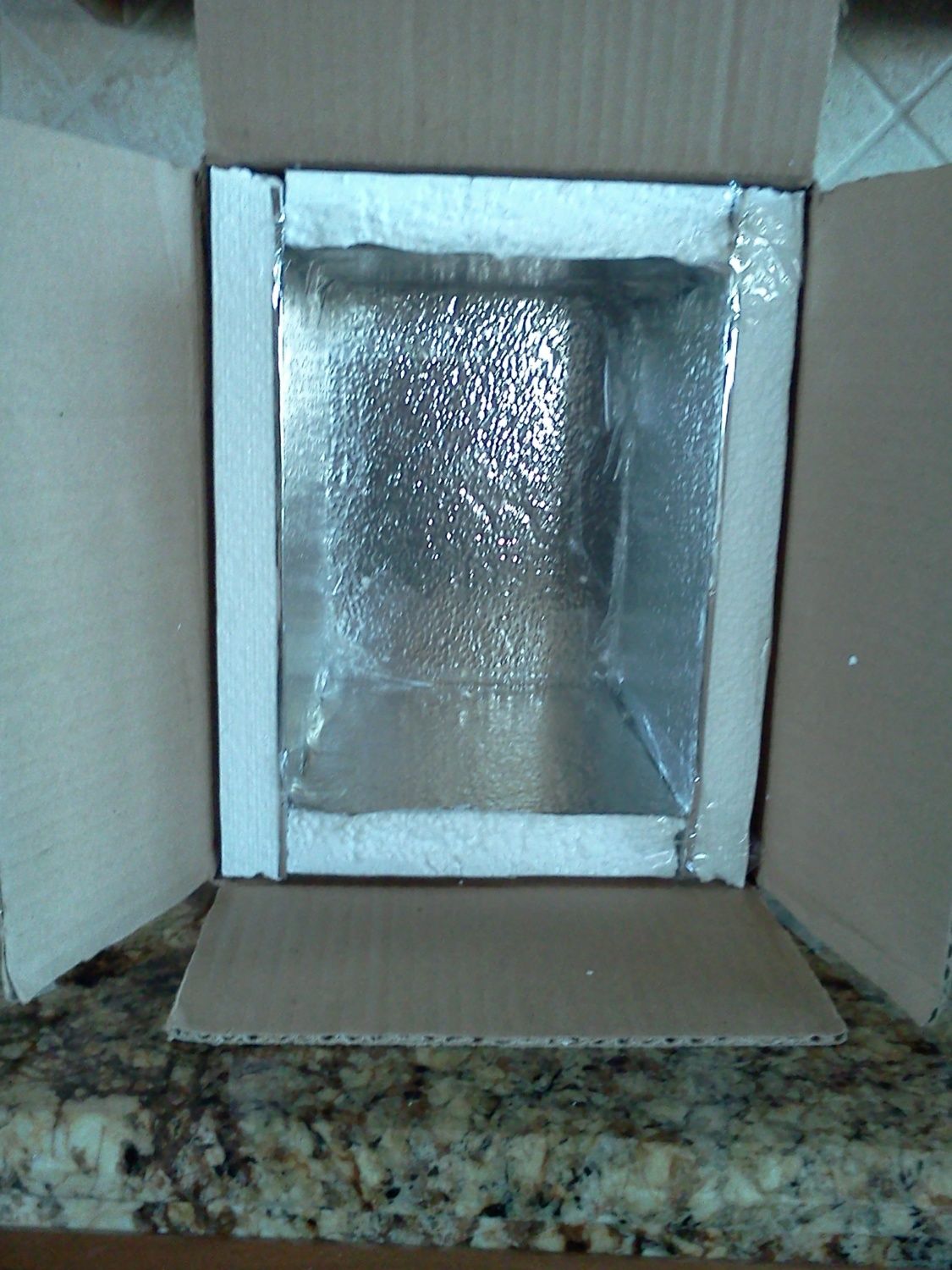How to Send a Bird for a Necropsy
They need the whole bird, refrigerated, not frozen. If you live in CA, there are four labs that do necropsies on poultry (chickens, turkeys, waterfowl) for $20. I know that they do out of state necropsies, but I think they charge for those. You could call them and ask what they charge for out of state "backyard poultry". The lab I use is the one in Tulare, CA. If you are in CA, call them and ask for their FedEx account number, it will save a bunch on shipping charges.
CAHFS
18830 Road 112
Tulare, CA 93274-9042
(559) 688-7543
(559) 686-4231 (FAX)
[email protected]
The other labs are listed here:
http://www.cahfs.ucdavis.edu/services/lab_locations.cfm
If it's Friday, unless you want to overnight for Saturday delivery, I would suggest shipping on Monday for Tuesday delivery. What you need to do, if you haven't already done so, is put your bird in your refrigerator, NOT the freezer! Then you need to find a box, line it with styrofoam (I use the 4'x8'x1" stuff from Home Depot. You can also get smaller pieces at an art store like Michael's, but is way more expensive. Click here to see foam options. You'll also need at least one ice pack. Here are some pictures that I took of the last bird that I sent:
Box lined with foam on four sides and bottom. Seams of foam taped sealed.

Box, sides, bottom and and top.

Frozen ice pack in ziplock baggie.

Brown paper on top of ice pack.

Hen in ziplock baggie on top of brown paper.

Brown paper on top of hen.

Ice pack on top of brown paper.

Lid on top of brown paper.

Box, sides, bottom and and top.
Frozen ice pack in ziplock baggie.
Brown paper on top of ice pack.
Hen in ziplock baggie on top of brown paper.
Brown paper on top of hen.
Ice pack on top of brown paper.
Lid on top of brown paper.
Inside the box you should also include a submission form in a ziplock baggie. Do not tell anyone at FedEx that you're shipping a dead animal... that seems to really worry them. Just make sure that nothing will leak.
Hope this helps!
-Kathy
Last edited:












